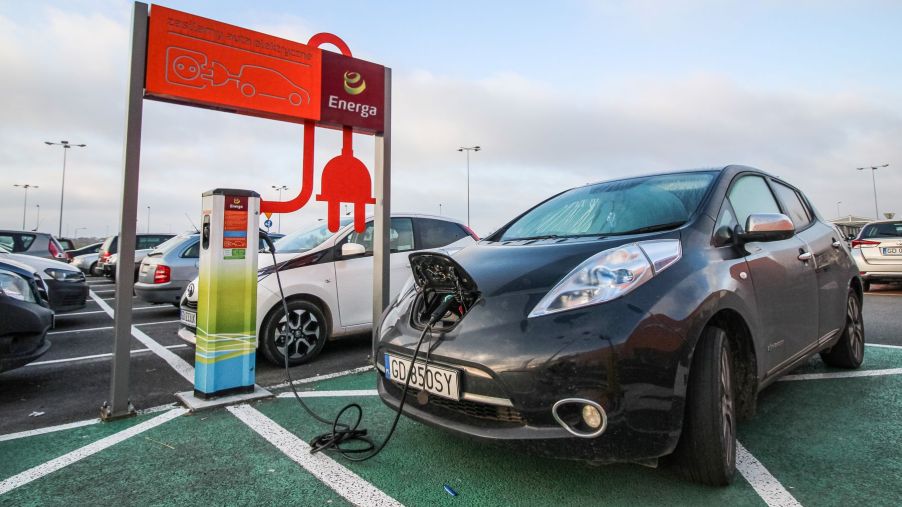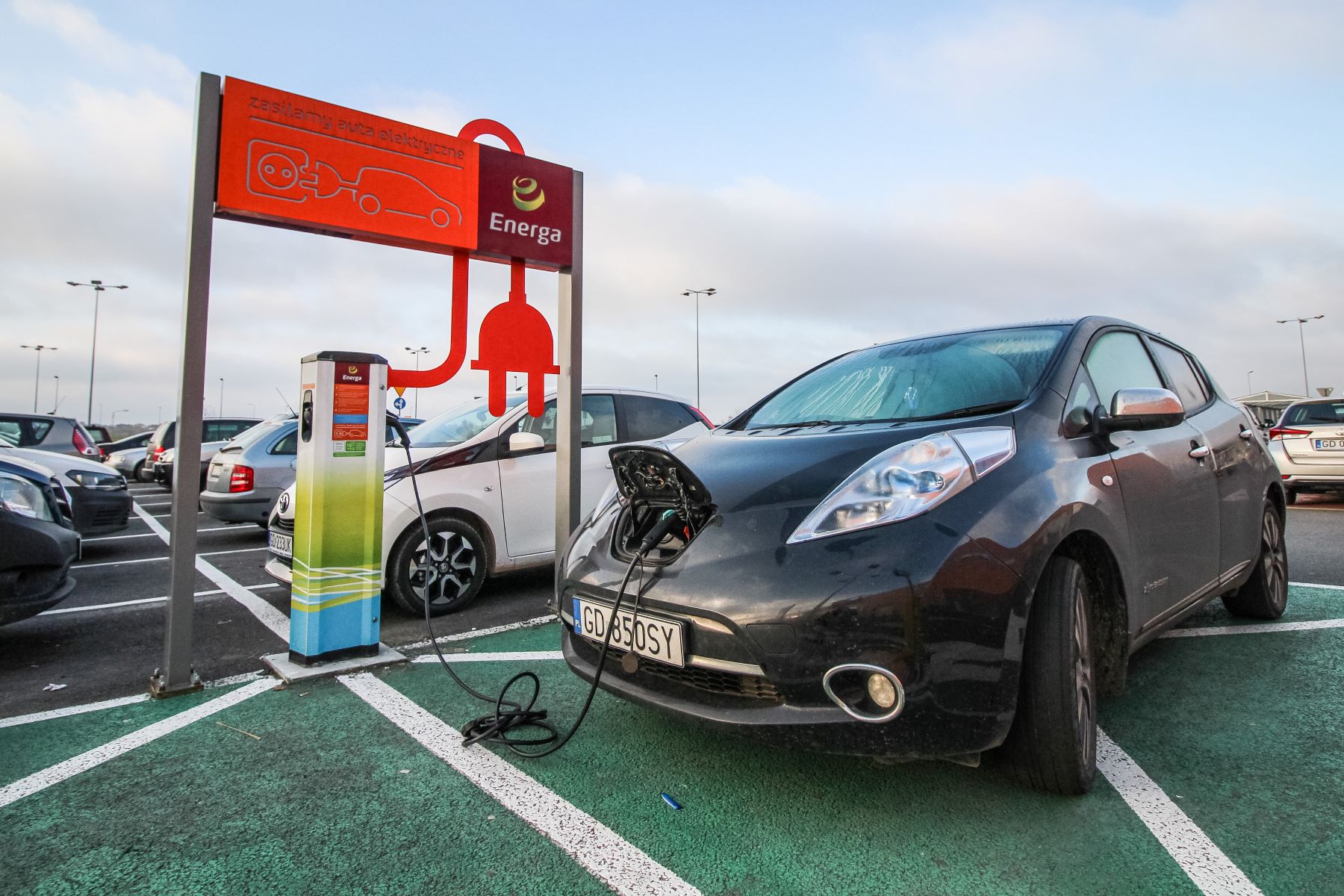
What Are the Costs for Charging Your EV?
EVs are likely going to be the future of transportation, and they offer a lot of benefits compared to the gas-powered cars of today. In addition to being much cleaner, EV owners won’t have to worry about gas prices, and instead, can recharge relatively cheaply. That being said, electricity isn’t free, so here’s a look at what the actual costs for charging your EV are.
The fast and electric rise of EVs

While automakers have experimented with making EVs before, many early attempts were largely flops. This was until Tesla came onto the scene. EVs had a bad reputation at the time as many thought they were uncool and meant for hippies. However, when Tesla unveiled the Roadster, it proved that EVs could be fast and fabulous.
Tesla continued making more affordable EVs, but other automakers are joining in on the fun now. This is happening for two main reasons. First, regulations are forcing automakers to make the switch, and secondly, many drivers want an EV because of what they offer. Obviously, they help fight climate change, but EVs are also well-known for being cheap to operate.
What will it cost to charge an EV?
While electricity is cheaper than gas, it’s a pretty complicated topic. As Edmunds wrote, unlike gas, electricity prices change quite often during the day. Electricity is usually cheapest at night and more expensive in the afternoon. The good news is, electricity costs generally stay about the same over the years, especially compared to gas. Additionally, prices will vary depending on who is generating that electricity.
As such, the charging costs of an EV will depend on many factors. Where you live, which utility you have, and what type of plan you got all matter a lot. Then, of course, there’s the car. Instead of miles per gallon, EVs will be measured with kWh per 100 miles. For example, a 2020 Tesla Model 3 Standard Range Plus gets 24 kWh per 100 miles, according to Edmunds.
Suppose the owner of that Tesla lives in Southern California and gets their electricity from Southern California Edison. In that case, charging their Tesla to get 50 miles of range will cost between $1.44 to $5.88, depending on when they’re doing that charging. Since the Model 3 has about 300 miles of range, recharging from 0% to 100% will cost between $9.07 and $37.04.
That said, if EV owners want to recharge with speed, they’ll have to upgrade their home charging equipment. This can cost up to $1,300, but it’ll allow owners to recharge their EV quickly overnight. Additionally, EV owners can install solar panels to power their homes and recharge their EVs. However, this is a costly option, and solar panels can easily cost between $7,000 to $15,000.
The best electric vehicles are yet to come
One of the hottest segments in the American auto industry is the pickup truck market, and many automakers are building their own electric pickup trucks. Rivian is the first to sell a pickup truck EV, but more are on their way. Unsurprisingly, many of these models are highly anticipated.
For example, the 2024 Chevy Silverado EV has a lot of hype behind it, and many customers want one despite it being so far in the future. Similarly, Tesla fans are waiting for the Tesla Cybertruck to make its debut, likely in 2023. Elsewhere, Ford fans eagerly wait for the 2022 Ford F-150 Lightning to come out later this year.


